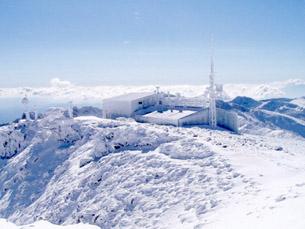
152 years after Bulgaria lost its beloved son and advocate for a free, independent and tolerant state – Vasil Levski, his personality continues to excite and inspire Bulgarians from all generations. Scholars continue to study the work of the Apostle..
152 years after the death of the Apostle of Freedom, the personality of Vasil Levski continues to excite Bulgarians, regardless of whether they are in the country or abroad. The Embassy of Bulgaria in Athens, Greece , has extended an invitation to the..
Easter 2020 went down in history with two things. The first was the state of emergency, introduced due to the Covid-19 pandemic that imposed a number of restrictions on us, the consequences of which we are still recovering from. The..
Easter 2020 went down in history with two things. The first was the state of emergency, introduced due to the Covid-19 pandemic that..
152 years after Bulgaria lost its beloved son and advocate for a free, independent and tolerant state – Vasil Levski, his personality continues to excite..
152 years after the death of the Apostle of Freedom, the personality of Vasil Levski continues to excite Bulgarians, regardless of whether they are in the..

+359 2 9336 661
